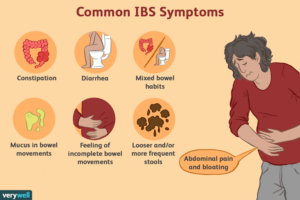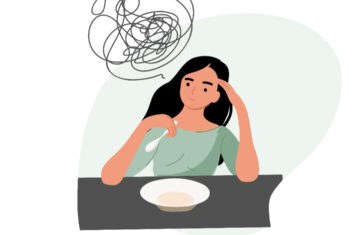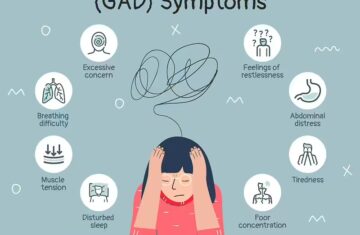
IBS
Irritable Bowel Syndrome (IBS) is a common gastrointestinal disorder characterized by symptoms such as abdominal pain, bloating, gas, and changes in bowel habits (diarrhea or constipation). While there isn’t a single cure for IBS, various therapies and lifestyle changes can help manage its symptoms and improve quality of life. Here are some approaches that are commonly used for IBS therapy:
-
Dietary Changes: Many individuals with IBS find relief by making changes to their diet. Some common dietary strategies include:
-
Low-FODMAP Diet: This diet involves avoiding foods high in fermentable carbohydrates (FODMAPs), which can trigger symptoms in some people with IBS.
-
Fiber Management: Increasing soluble fiber intake while limiting insoluble fiber can help regulate bowel movements. However, the effect of fiber varies from person to person, so it’s important to work with a healthcare professional.
-
Identifying Trigger Foods: Keeping a food diary can help identify specific foods that trigger IBS symptoms, allowing you to avoid them.
-
-
Stress Management: Stress can exacerbate IBS symptoms. Techniques like deep breathing, meditation, yoga, and progressive muscle relaxation can help manage stress and reduce symptoms.
-
Medications: There are various medications available for managing IBS symptoms. These include:
-
Antispasmodic Medications: These help relax the muscles of the intestines and can relieve abdominal pain and cramping.
-
Antidiarrheal Medications: These can be used to manage diarrhea-predominant IBS.
-
Laxatives: For constipation-predominant IBS, certain laxatives can provide relief.
-
Serotonin Modulators: Medications that affect serotonin levels in the gut can help regulate bowel function and ease symptoms.
-
-
Cognitive Behavioral Therapy (CBT): CBT can help individuals manage the emotional aspects of IBS, such as anxiety and depression, which often coexist with the condition. It can also provide strategies for managing stress and coping with symptoms.
-
Hypnotherapy: Some studies suggest that hypnotherapy can help manage IBS symptoms. This involves deep relaxation and visualization techniques to address gut-related discomfort.
-
Probiotics: Probiotics are live bacteria that can promote a healthy balance of gut bacteria. While research on their effectiveness for IBS is ongoing, some people find relief from certain symptoms by taking probiotics.
-
Lifestyle Changes: Regular exercise, adequate sleep, and staying hydrated can all contribute to better IBS management.
-
Education and Support: Learning about IBS and connecting with support groups or therapists can help you better understand the condition and develop effective strategies for managing it.
It’s important to note that IBS symptoms can vary widely among individuals, so there’s no one-size-fits-all approach to treatment. Consulting a healthcare professional like myself, is crucial for developing a personalized treatment plan that addresses your specific symptoms and needs. I can help you determine the most appropriate therapies and lifestyle changes for managing your IBS effectively.




